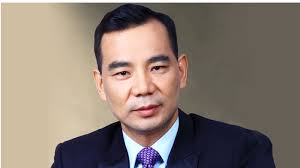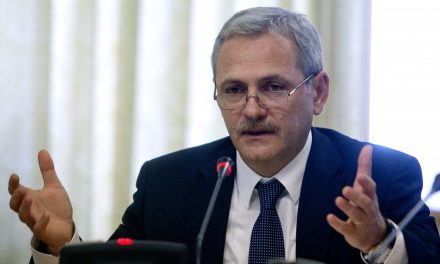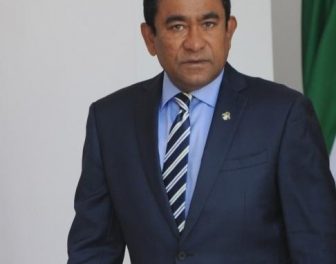24 February 2018
Wu Xiaohui, the founder of Anbang Insurance Group, will be removed as chairman and charged with fundraising fraud and embezzlement. China Insurance Regulatory Commission (CIRC) said that some of Anbang’s activities could seriously endanger the solvency of the company. Public prosecutors recently filed a lawsuit against Wu Xiaohui, in the Shanghai Municipal Intermediate People’s Court, accusing him of fundraising fraud and embezzlement by taking advantage of his post, according to sources from the No. 1 Branch of the Shanghai Municipal People’s Procuratorate. Xinhua reported.
The company will be managed by a special group consisting of CIRC, the People’s Bank of China, the China Banking Regulatory Commission, the China Securities Regulatory Commission and the State Administration of Foreign Exchange . Authorities. Anbang will continue its usual business as the takeover will not affect its liabilities and creditors’ rights. Action by the government is in line with President Xi Jinping’s anti-corruption and de-leveraging campaigns. Xi saw the growth of giant insurance companies as unsustainable and these companies had the potential of being a source of shadow banking, bad assets, and illegal internet financing.
The company sold risky wealth management products under the style of universal life policies, a hybrid of bonds and life insurance policies, offering high returns compared with the bank deposit rates of around 1 percent.
Anbang’s aggressive global expansion is a typical example of financial overreach of China’s debt-laden conglomerates. Anbang in 2014, puchased New York’s Waldorf Astoria hotel for $1.95 billion, which some analysts said was overpriced. At a cost of $6.5bn the company bought 16 luxury hotels, Belgian insurer Fidea, Belgian bank Delta Lloyd, and a controlling interest in South Korean insurer Tongyang Life Insurance.
Wu has a penchant for moving at high circles. He was negotiating with Jared Kushner, US President Donald Trump’s son-in-law, with a view to investing in one of their companies. The deal did not go through because of the criticism from lawmakers and government ethics experts who saw it as a potential back door influence for China on the White House. Kushner, heads the White House’s relations with China.
Anbang, with $315 billion of assets, could well be the largest privately owned company in China.
Wu is well connected and he married Deng Xiaoping granddaughter, Zhuo Ran. Wu Xiaohui is said to be financial conduit for Jiang Zemin’s political faction which Xi waged a battle to uproot. Xi also has demonstrated that he’s unafraid of industry captins who have enormous political connections. Last year China banned Yao Zhenhua, chairman of the financial conglomerate Baoneng Group, from the insurance industry for 10 years. The former head of CIRC, Xiang Junbo was placed under investigation and was replaced. Xi also banned the sale of universal life policies. Xiang oversaw the de-regulation of isurance industry, during his tenure of 6 years.
During this period the insurance industry grew at a rapid pace and acquired immence political clout. Data from Munich Re shows that from 2012 to 2016, the insurance industr grew 14.3 percent overall, and non-life insurance grew 16.5 percent. Business model of these companies was more like like that of private equity funds where investment returns are the focus. They invested in any busness that offerred high returns.
Flushed with cash and political power acquired with it, the insurance industry became very vociferous. For example Foresea, which depended on cash from sales of universal life products, issued a warning to regulators, calling for a lifting of the ban on the products, to avoid mass riots by clients. This kind of threats is the last thing the Party(CCP) and Xi want to hear. The industry also will not give up the fight easily.Let’s wait and see what happenes.














